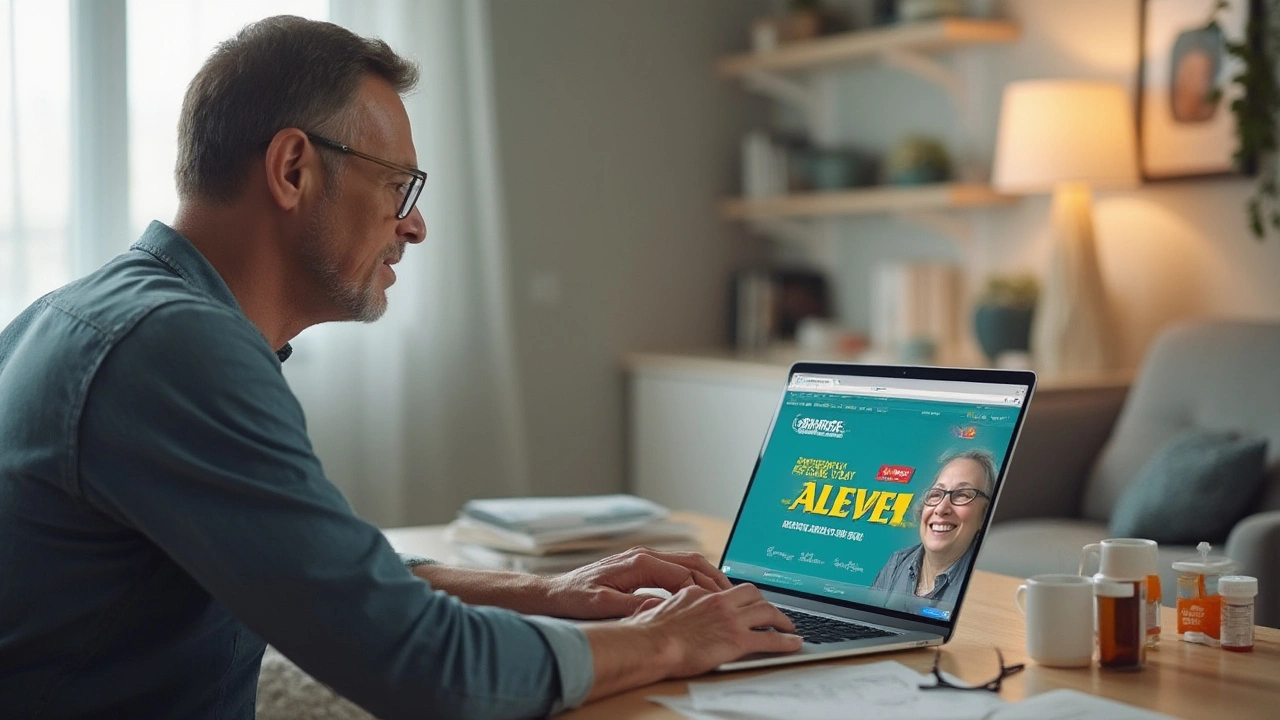Online Pharmacies: Safe Shopping Tips & How to Spot Real Pharmacies
Buying meds on the internet feels convenient, but it can be a minefield if you don’t know the rules. A miss‑step can cost you extra money, a fake prescription, or even a health risk. That’s why this guide breaks down the easiest ways to shop online without the guesswork. We’ll show you what to look for, how to verify a site, and which red flags should make you walk away.
Why Choose an Online Pharmacy?
First off, online pharmacies can save you time and money. You can compare prices across borders, get discreet shipping, and avoid long pharmacy lines. People with chronic conditions or limited mobility find it especially helpful. But the upside only works when the pharmacy is legit. A trustworthy site will require a valid prescription, protect your data, and display clear licensing information.
How to Verify a Legitimate Online Pharmacy
Start by checking for a pharmacy license. In the US, look for the VIPPS seal or a state board registration number. In Canada, the Canadian International Pharmacy Association (CIPA) badge is a good sign. For UK sites, the General Pharmaceutical Council (GPhC) logo should be visible. Next, scroll to the “Contact Us” page – a real pharmacy lists a physical address, phone number, and email. If you see only a contact form, treat it with caution.
Domain clues matter, too. A .gov or .org address rarely belongs to a commercial pharmacy, while .pharmacy or .online can be legit if paired with proper accreditation. Run a quick WHOIS lookup to see who owns the site; a private individual name is a red flag.
Customer reviews give a reality check. Look for third‑party reviews on forums, not just the site’s own testimonials. Articles on our blog have tested sites like medexpress.co.uk, alldaychemist.com, 365worldstorerxm.com, and secure-tabs-store.com. Those reviews highlight pricing, delivery speed, and how the pharmacies handled prescription verification. Use them as a reference point, but always cross‑check with the official licensing info.
When you find a pharmacy that passes these checks, add a few final safety steps. Make sure the checkout uses HTTPS (look for the lock icon). Save a copy of your prescription and the order confirmation. If the price looks too good to be true, it probably is – cheap meds often mean counterfeit ingredients.
Finally, keep your doctor in the loop. Let them know you’re ordering online and share the medication name, dosage, and source. A quick call can catch potential interactions before they become a problem. With these habits, you’ll enjoy the convenience of online pharmacies while keeping your health and wallet safe.


